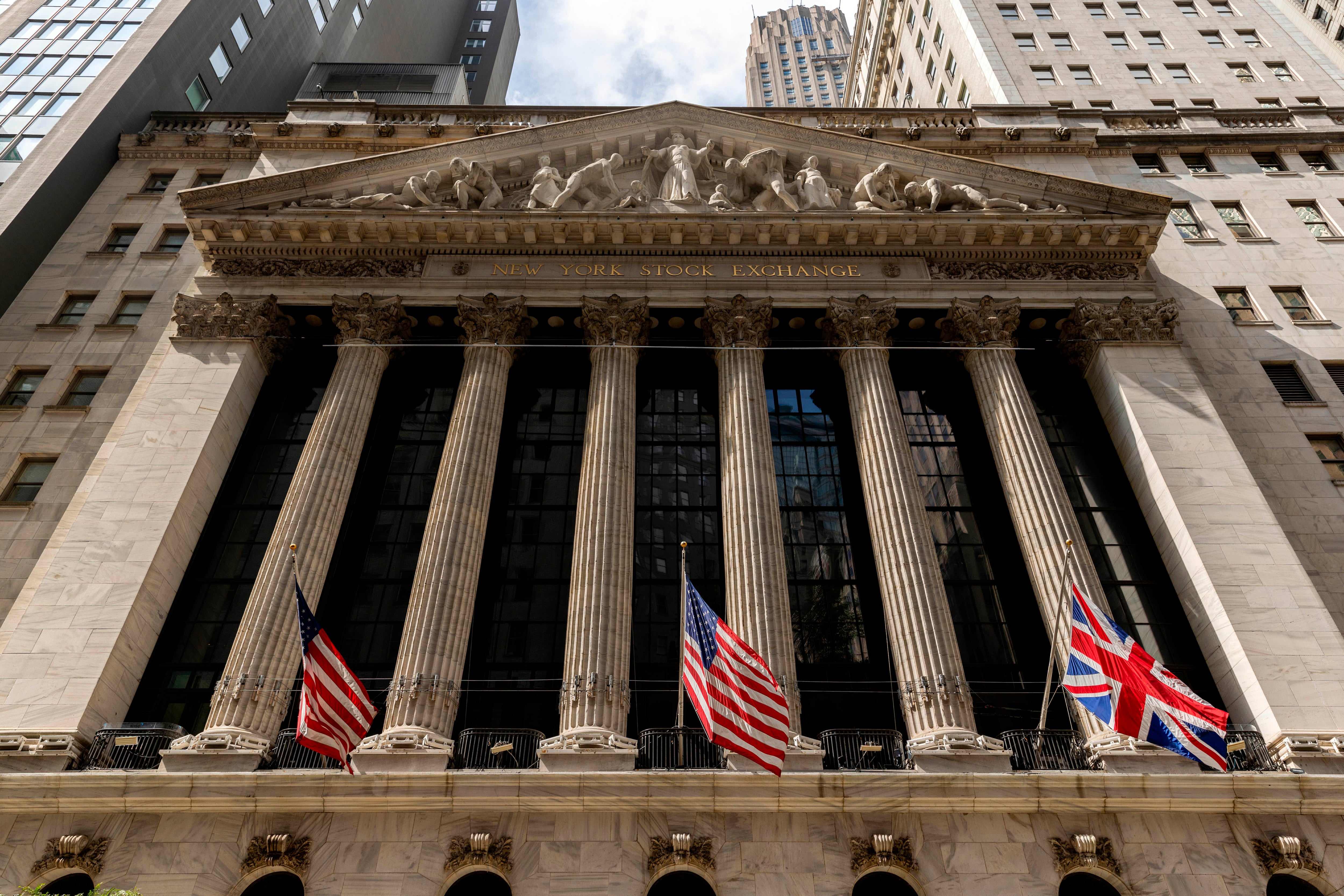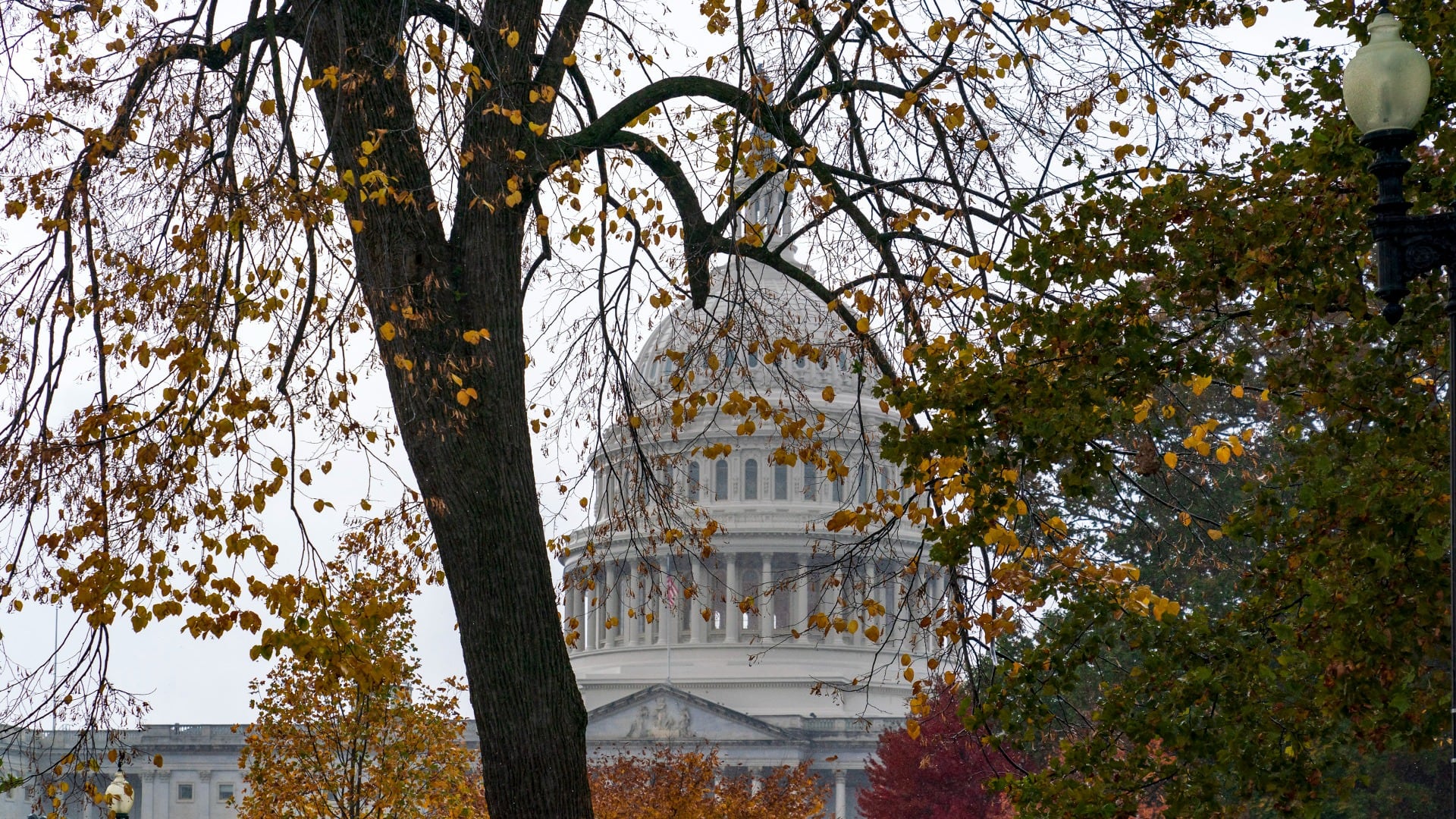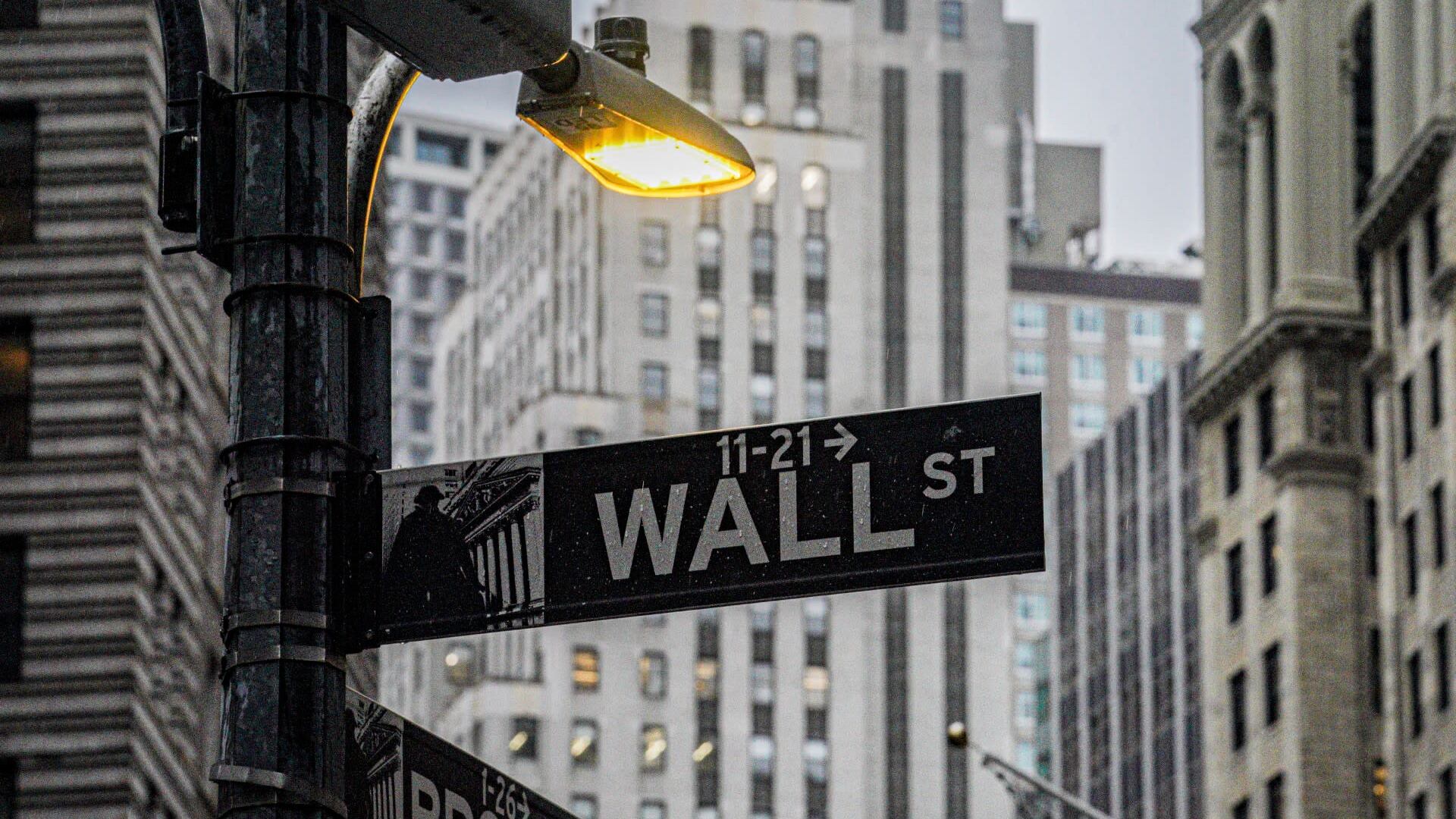Wall Street was quiet early Wednesday following a lackluster session a day earlier as markets await U.S. inflation data and high-profile corporate earnings reports later in the week.
Futures for the S&P 500 were essentially flat before the bell, while futures for the Dow Jones Industrial Average inched down less than 0.1%.
The U.S. government will give its latest monthly update on inflation at the consumer level on Thursday. That is one of the measures the Federal Reserve relies on in deciding on its interest rate policy.
On Friday, several big companies will begin reporting their results for the final three months of 2023, including Delta Air Lines, UnitedHealth Group, and a handful of big banks.
In Europe at midday, Germany’s DAX and the CAC 40 in Paris were flat, while Britain’s FTSE 100 slipped 0.3%.
Tokyo’s benchmark hit its highest level since March 1990 as a weaker yen lifted stock prices of export manufacturers.
The Nikkei 225 gained 2.1% to 34,465.00, helped by heavy buying of chipmakers and by speculation that the Bank of Japan may not opt to change its ultra-lax monetary policy as soon as thought after wages fell for a 20th straight month in November.
A weakening of the yen against the U.S. dollar also lifted share prices of export manufacturers like computer chip maker Kyocera Corp., which jumped 5.7%. Sony Group Corp. was up 3.8% and robot-maker Fanuc Corp. advanced 2.8%.
The Japanese benchmark is trading at levels last seen more than three decades ago, before the implosion of its “bubble economy,” when prices of property and other assets soared to stratospheric levels.
The U.S. dollar rose to 145.24 Japanese yen Wednesday from 144.48 yen. It had dipped in the past week on expectations the Bank of Japan might be poised to shift gears after years of keeping its benchmark interest rate at minus 0.1%.
Elsewhere in Asia, Hong Kong’s Hang Seng slipped 0.6% to 16,097.28, and the Shanghai Composite index lost 0.5% to 2,877.70.
South Korea’s Kospi shed 0.8% to 2,541.98, after the country’s unemployment rate stood at the highest since January 2022, according to Statistics Korea.
The S&P/ASX 200 in Australia slipped 0.7% to 7,468.50.
In other trading Wednesday, a barrel of benchmark U.S. crude oil picked up 34 cents to $72.63 on the New York Mercantile Exchange. Brent crude, the international standard, gained 26 cents to $77.85.
The euro rose to $1.0945 from $1.0931.
On Tuesday, the S&P 500 slipped 0.1% following its best day in nearly two months. The Dow Jones Industrial Average fell 0.4% and the Nasdaq composite rose 0.1%.













